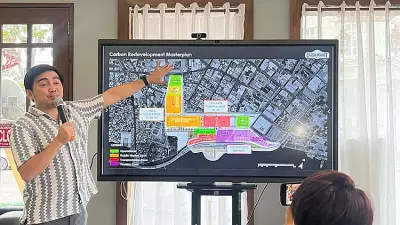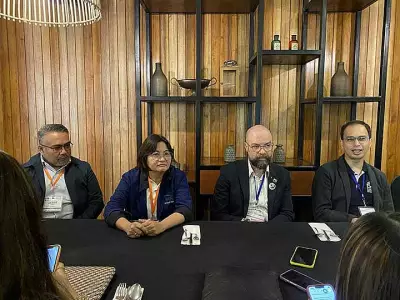
In a significant move that brings relief to countless small enterprises across the Philippines, the Bureau of Internal Revenue (BIR) has announced a generous extension for electronic invoice implementation. This strategic decision acknowledges the challenges faced by smaller businesses in adapting to digital tax systems.
Extended Timeline for Smaller Taxpayers
The BIR's Revenue Regulations No. 10-2024 provides a structured compliance timeline that varies by taxpayer category:
- Large corporations must comply by January 1, 2024
- Medium-sized enterprises have until July 1, 2024
- Micro and small taxpayers now enjoy an extension until January 1, 2025
Understanding the Taxpayer Classification
The BIR categorizes businesses based on their gross annual sales:
- Large taxpayers: Annual sales exceeding ₱3 billion
- Medium taxpayers: Annual sales between ₱3 million and ₱3 billion
- Small and micro taxpayers: Annual sales below ₱3 million
What This Means for Cebu Businesses
For the vibrant small business community in Cebu, this extension provides crucial breathing room. Local entrepreneurs, market vendors, and family-owned establishments now have additional time to prepare for the digital transition without facing immediate penalties.
The electronic invoicing system represents a major shift in Philippine tax administration, requiring businesses to generate receipts through BIR-certified systems that automatically report transactions to the government.
Preparing for the Digital Transition
While the extension offers temporary relief, tax experts recommend that small businesses begin their preparation early. The additional time should be used to:
- Research compatible accounting software
- Train staff on new digital procedures
- Ensure stable internet connectivity
- Budget for necessary technology upgrades
This phased approach to e-invoice implementation demonstrates the BIR's recognition of the diverse capabilities within the Philippine business landscape. The extended deadline for smaller enterprises shows a practical understanding that one-size-fits-all solutions rarely work in a country with such varied business sizes and technological readiness.





